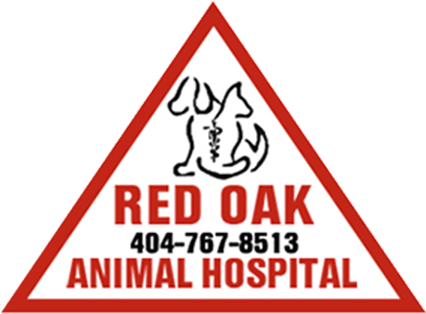Understanding and Treating Canine Anxiety Disorders
Just as it is a problem in people, dogs can suffer from a variety of anxiety related disorders including phobias of noise/storms/grooming; fearfulness of people and/or other animals that in worst case scenarios can lead to aggression; leash reactivity; and separation anxiety. Anxiety related disorders can lead to serious medical problems and even euthanasia if intervention is not made in a thoughtful and consistent manner. Unfortunately, there is a lot of misinformation and poor advice that can lead owners down the wrong path causing more problems and heartache. The following is meant to review some of the basic treatment options for anxiety disorders in dogs. Finally, it is perimount when treating anxiety to use a comprehensive multimodal approach combining one or more of the following: Behavioral modification, naturopathic options, and pharmacologic treatment.
- Behavioral Modification – This is the most important element of treating anxiety in pets and refers to training and desensitization techniques preferably that have been studied and validated through the American College of Veterinary Behaviorists. The following resources are positive based and should help you get started.
- Books and other resources:
- Decoding your Dog by the American College of Veterinary Behaviorist – the official guideline for owners regarding understanding dog behavior and preventing/managing unwanted behavior.
- Dr Sophia Yin is a well known positive-based dog trainer – she has blog posts and videos for how to train many unwanted behaviors including separation anxiety, fear of nail trimming, etc. She also has DVDs on reducing reactive behavior while on walks. Visit her website: https://drsophiayin.com/
- Patricia McConnell is another well known positive based dog trainer and she has numerous books including one called The Cautious Canine which contain invaluable information.
- Classes/Trainers:
- Dr. Ellen Lindell is the only board certified behaviorist in the state of Connecticut. This means she is a veterinarian who underwent four additional years of training on top of veterinary school specifically to study behavior and is a member of the American College of Veterinary Behaviorist. She is available for consult – please visit her website: https://www.lindellvetbehavior.com/
- Pet Trainers/Classes – while we prefer not to make specific recommendations regarding trainers and classes, we ask that while you explore this excellent option for guidance that you look for positive based trainers and especially ones that are members of the Association of Professional Dog Trainers. A list of members in our area can be found at https://apdt.com/
- We are generally skeptical of dog training camps where the dog is sent away for training. In our experience, these tend to be more dominance theory based and use harsh techniques. Further, the unwanted behavior tends to return when they are back in their home environment. Use your judgement wisely.
- Naturopathic Treatment options - there are numerous naturopathic options to help aid in reducing anxiety and unwanted behavior. Some have proven efficacy, while others are still being evaluated or lack evidence all together. Here are some that we have heard good things about.
- Purina Calming Care Probiotic is a newer product that is gaining traction as a safe, evidence based, and natural way to help calm anxious pets. It is available through veterinarians or online through www.proplanvetdirect.com. The probiotic is given as a palatable powder mixed with food once daily and can take 4-6 weeks to evaluate its efficacy.
- Vetriscience Composure Supplement is a bite sized chew designed to help canine anxiety. The active ingredients include Colostrum Calming Complex, B vitamins and L-Theanine which work synergistically to improve your pets well being. Vetriscience supplements carry an NASC approval which helps ensure it quality and consistency, and in our experience about 50-60% of patients see significant benefit within the 4- 8 weeks.
- CBD oil is an emerging option for numerous problems in pets including anxiety. It only recently became endorsed by the AVMA and research is actively being done. What we know is the hemp derived organic CBD from a reputable company appears to be safe, and anecdotal evidence is that it can help with canine anxiety disorders. Please consider Endoblend full spectrum CBD as the best option because it is based on evidence, made by a reputable source, and has independent analysis.
- Pharmacologic options – Any dog that suffers from anxiety disorders leading to destructive behavior, fearful aggressive behavior or other serious complications can benefit from safe pharmacologic options. Most dogs will use either a long acting anxiolytic or a short acting anxiolytic or both. We will work with you to help determine which medication or combination of medications is best suited for your pet’s anxiety.
Phone:
Address:
4895 Ben Hill Road, College Park, GA 30349
